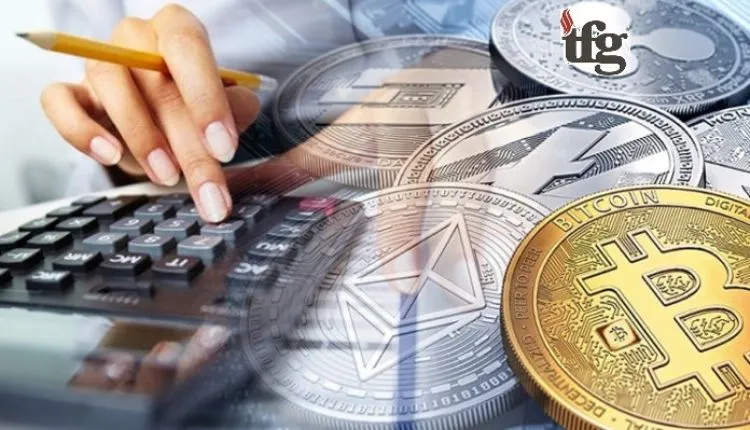The following are some of the best tips for avoiding cryptocurrency taxes:
Keep your crypto for the long haul.
When it comes to cryptocurrencies, you should always aim for long-term capital gains rather than short-term gains. As a result, you may be able to reduce your tax liability. If you sell your investments in less than a year, on the other hand, you will have made a short-term financial gain. According to experts, If you want, you can sell your cryptocurrency after a year. Because of the low tax rate, you will save more money on taxes.
Get a Different Perspective on Cryptocurrencies
One of the best ways to reduce crypto taxes is to gain indirect exposure to cryptocurrencies through crypto tax softwares. Interestingly, several newly introduced portfolios by various international investment platforms allow Indian cryptocurrency investors to gain exposure to a specific digital currency without directly purchasing or investing in it.
Keep your winnings in Stablecoins.
Investing in them reduces your chances of suffering a long-term capital loss. One US Dollar, for example, is equivalent to one USD Coin. Given the rise of the US dollar, investing your cryptocurrency in such a stablecoin may be a wise move. You can maximize your tax savings while still complying with income tax regulations if you take the right approach.
In India, how do you avoid paying income tax on cryptocurrency?
Crypto enthusiasts in India are all eager to learn more. Its searches are constantly saturating Google and other search engines. All earnings from the sale of VDAs are subject to a flat 30% tax, which India’s Finance Minister Nirmala Sitharaman has imposed (Virtual Decentralised Assets). This is also true for cryptocurrencies. She made the announcement during the Union Budget Session of 2022. In addition, the government declared a 1% TDS (Tax Deducted At Source) on all bitcoin transactions.
The cryptocurrency community in India has identified a few legal gaps. P2P (Peer-to-Peer) transactions and DEX (Decentralised Exchanges) such as PanCakeSwap and Uniswap can help to avoid cryptocurrency taxes in India. Is this going to work? Are the methods risk-free? These are two million dollar questions. The acronym for them is Decentralized Exchanges. Decentralized cryptocurrency exchanges do not require KYC. It takes time to work through the complexities that lie at the heart of these decentralized tools and exchanges. Any risk is solely the responsibility of the investor.
What if you tried to convert your cryptocurrency earnings into FIAT?
Your share of the tax will still be owed. Income tax authorities in India are already aware of the possibility of these scams. For a time, traders and investors may benefit from the scam. However, the Indian government will put a stop to this scam sooner or later. In terms of money, this could be a risky ruse. Even if a relevant taxation programme is implemented, using DEX may not be sustainable in the long run because cryptocurrency is not considered legal tender.
Crypto Tax India: How to Report Cryptocurrency on Indian Taxes
Cryptocurrency Tax Avoidance: You can declare cryptocurrency revenue on your crypto taxes using one of the methods listed below:
For this purpose, the following documents are required:
The proof of earnings.
- Form 26AS.
- Form 16A.
- The PAN Card.
- The Aadhar Card.
- Statement of Capital Gains.
- Bank Account Information.
Remember to keep track of your exemptions and losses. The Indian government does not appear to be interested in compensating you for your cryptocurrency losses. You may be unable to make up for your losses.
Binocs is a cryptocurrency tax management and portfolio tracking platform that allows you to manage your cryptocurrency taxes with ease and security.
